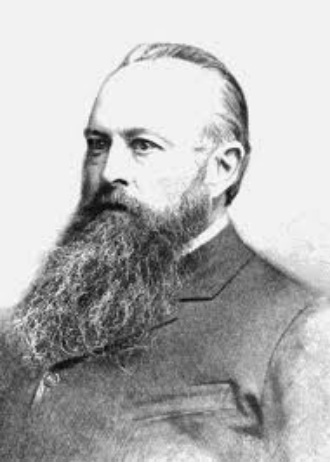If the medium is the message, we’re in serious trouble.
Which is not to say that I believe tradition and modernity to be polar opposites. I can understand why some may believe that tradition is a catch-all word for all that they despise, that a reference to tradition is a means of bestowing an illusion of permanence on a policy, an ideology, or anything which is transient or contingent.
But if I believe in anything, I believe in history. And, as Henry James pointed out, “it takes an endless amount of history to make even a little tradition”.
It is difficult to mention even a little tradition without prefixing the word with the qualifying phrase, ‘time-honoured’.
Is it so? Is tradition time-honoured? Or is it merely ‘time-worn’?
There is some truth in the statement that tradition only becomes tradition when it is, effectively, dead; when it is finished as a progressive force. But I am not clear (as my friend Rick Gekoski would say) whether this is useful when comparing it with modernity, or its cousins modernism and post-modernism.
Bob Dylan, for example, was and is an exemplar of modernity and modernism. But as Michael Gray has pointed out, he works most successfully within the tradition of the pre-war blues. He recreates, re-interprets, re-invents the genre for us. In approach and attitude, tonality and structure, our greatest modern poets – Eliot and Auden - have worked within a tradition, the Metaphysical, which was established centuries before. And Wordsworth and Coleridge, revolutionary in politics and poetry at the time they composed Lyrical Ballads as both of book of verse and a manifesto, were working within a long-established tradition of the ballad. I will leave it to my commentators - Geoff, Chris, Charlotte and Ken - to point with accuracy to parallels in the world of art.
We are not dealing with opposites at each end of some linear progression. Modernity, in reacting against a tradition, continues that tradition, re-forming it and thus creating a new tradition against which a new generation can respond, react and renew.
It is a continual and continuing process, and is thus – in my view – time-honoured. If the tradition is worthy, it gains new life. Otherwise, it has no validity, no attraction, and it dies.
So why is the Queen still reading from goats’ vellum? Come to that, why is the Queen still reading a speech at all? And why is all this arcane Black Rod nonsense still going on?
Well, there may perhaps be some truth in another of Lord Acton’s aphorisms: that the authority of tradition serves as a restraint on absolute power.
If only …
Today's listening: correspondence between Rick Gekoski and Kazuo Ishiguro as to whether Dylan's 'lost' song I'm Not There (1956) should qualify for inclusion in Rick's book Lost, Stolen or Shredded has prompted me to return to the complete Basement Tapes and that sublime song in its original, one take version.






 RSS Feed
RSS Feed